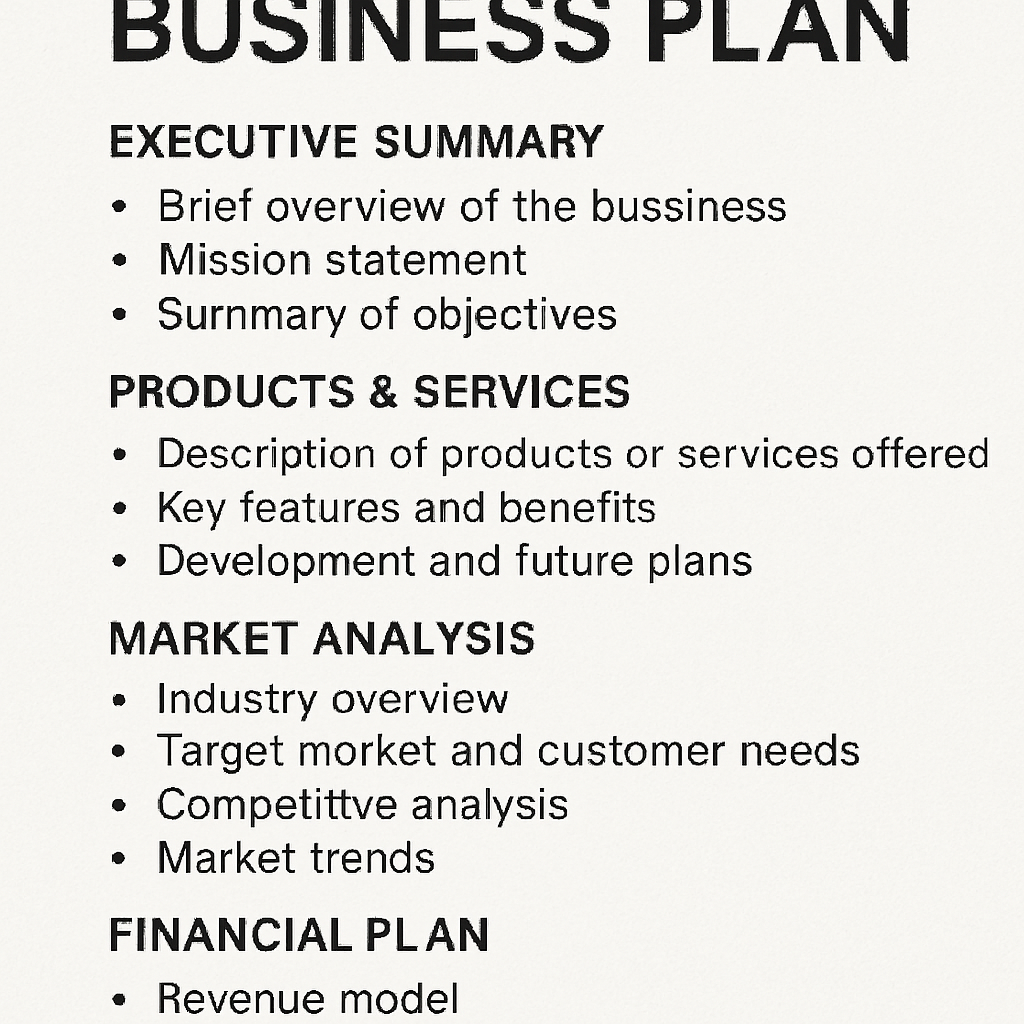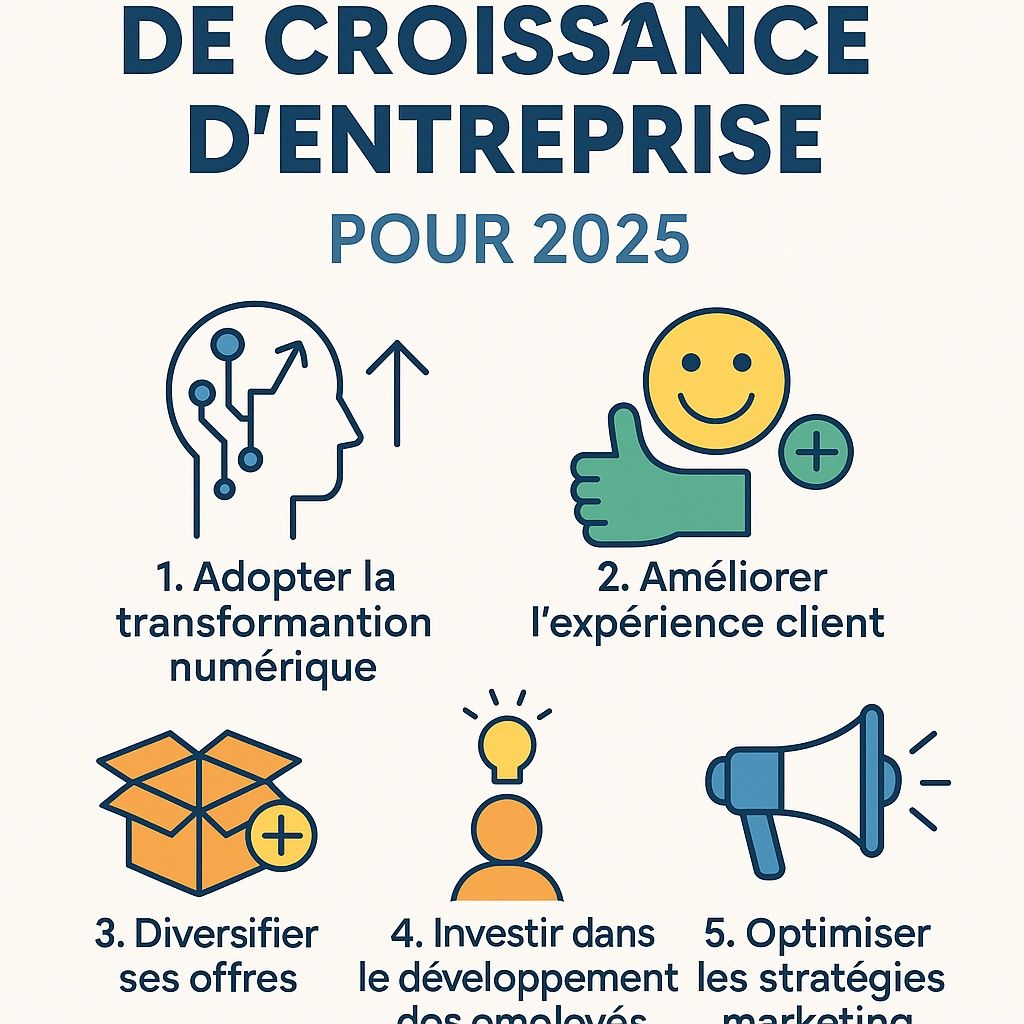Artificial intelligence (AI) is at the heart of today's technological revolution. It is transforming entire sectors, from healthcare to finance. Training in AI has become essential to stay competitive, as AI skills are highly sought after.
Whether you're a student or a professional, there are options suited to your needs. From online courses to in-person programs, the choices are numerous. Montreal, for example, is a well-known hub for AI learning, with many top institutions.
This article, created with Plania, guides you through the different AI training options and shows you how these programs can boost your career.
What is Artificial Intelligence and Why Learn It?
Artificial intelligence is a branch of computer science focused on creating systems capable of performing tasks that require human intelligence, such as speech recognition, decision-making, and language translation. AI has become a valuable tool impacting many industries.
Learning AI helps you understand and contribute to these technologies. The skills acquired open up opportunities in a rapidly growing job market. These skills are now essential to thrive in a modern technological environment.
Reasons to Learn AI:
- Improve your career prospects.
- Participate in technological innovation.
- Solve complex problems with advanced solutions.
AI includes machine learning, deep learning, and robotics. The versatility of these skills makes AI training attractive for anyone looking to diversify their professional path.
Types of Artificial Intelligence Training
Today, there is a wide range of AI programs. These options adapt to different profiles and career goals, from beginners to experts.
Training options vary by format (online or in-person) and content. Online courses offer flexibility, ideal for those with busy schedules.
Types of Training:
- Online courses: flexible and affordable.
- University degrees: deep understanding and official recognition.
- Workshops and bootcamps: intensive and practical learning.
- Certificates: quick, targeted specializations.
Universities offer comprehensive degrees, while bootcamps help you quickly acquire practical skills. Your choice depends on your goals and constraints.
Online AI Training: Benefits and Platforms
Online AI training offers many benefits: flexibility, lower cost, and global access to resources. Learners can progress at their own pace and interact through forums and collaborative projects.
Popular Platforms:
- Coursera: courses by top universities.
- edX: free courses with paid certificates.
- Udacity: specialized nanodegrees.
- DataCamp: focused on data analysis and AI.
These platforms provide varied content (videos, readings, practical exercises), making learning dynamic and tailored to modern needs.
AI Training in Montreal and Quebec
Montreal is an AI excellence center, attracting talent from around the world. The city hosts renowned institutions offering comprehensive programs.
Notable Institutions:
- Université de Montréal: master's and PhD programs in AI.
- Polytechnique Montréal: advanced technical courses.
- HEC Montréal: AI applied to management.
- McGill University: strong international reputation.
Quebec offers a diverse range of AI training at all levels. Students benefit from a dynamic ecosystem and hands-on opportunities with local companies.
AI Courses: Content, Skills, and Specializations
AI courses cover a wide range of topics. Students develop key skills such as programming, data analysis, machine learning, and deep learning.
Common Specializations:
- Machine Learning: automatic learning and predictive models.
- Deep Learning: advanced neural networks.
- Data Science: data analysis and visualization.
- Robotics: applying AI to physical systems.
Practical projects are essential to apply theory to real-world situations and prepare for professional challenges.
Degrees, AECs, and Certificates in AI
Degrees, AECs (Attestations of College Studies), and certificates validate AI skills and strengthen professional credibility.
Main Differences:
- Degrees: long, comprehensive programs (bachelor’s, master’s, PhD).
- AECs: shorter, practical, job-oriented training.
- Certificates: accessible and flexible specializations.
Certificates, often offered online, allow professionals to update their skills quickly without committing to a full degree.
How to Choose Your AI Training: Criteria and Tips
Choosing the right AI training is crucial for achieving your goals. Analyze the course content, flexibility, cost, and the institution’s reputation.
Points to Consider:
- Cost: is it within your budget?
- Flexibility: does it fit your schedule?
- Reputation: what do alumni say?
Also, prioritize programs that include networking and internships to build industry connections.
Career Opportunities After AI Training
AI skills open many doors. Graduates work across diverse sectors, influencing healthcare, finance, and technology.
Possible Careers:
- Machine Learning Engineer.
- Data Analyst.
- AI Consultant.
AI offers a dynamic, evolving, and innovation-focused career path.
Testimonials and Feedback
Examples:
- Marie: “This training helped me land a job as an AI analyst.”
- Louis: “The skills I gained helped me launch my tech startup.”
- Amélie: “Joining hackathons during training boosted my creativity.”
These stories show the real impact of AI training on professional paths.
Conclusion: The Future of AI Training
AI training keeps evolving to meet the growing demands of the market. Investing in these skills is a strategic decision to prepare for the jobs of tomorrow.
So, are you ready to start your journey and shape the future with AI and Plania?



 Carl Lucier
Carl Lucier
